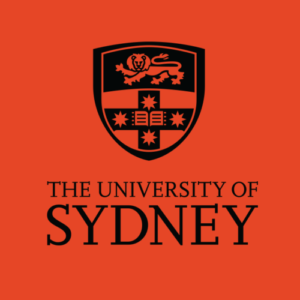Combining Learning and Planning for Perception-based Control in Harsh Environments
Reach Robotics designs hardware and software for underwater robots for offshore infrastructure, shipping and logistics, oil and gas, defence, etc.
Despite recent progress in robotic motion planning and control, robots still struggle to operate in harsh environments such as underwater. Harsh environments can bring challenging perception conditions and heavy disturbances, such as underwater currents, in highly unstructured environments that are out of our control. While traditional planning and optimisation-based methods excel at planning in novel scenarios, they can’t directly incorporate perceptual feedback and don’t adapt to new information. Learning-based methods can learn complex tasks from perception but struggle to generalise outside of their training data.
New developments in generative AI and sampling-based optimisation offer new ways of combining the two styles of This project aims to combine modern developments in physics-based planning and generative AI-based learned policies to enable robust motion planning and control in harsh environments, with robots that can learn complex tasks over time but can also reason about the world in novel circumstances.
Research Activities:
- Creating novel algorithms for motion planning and control that can incorporate both the knowledge of physics and learned data from demonstrations
- Analysing the properties and experimental success of motion planning algorithms
- Deploying algorithms on underwater robots for field testing
Expected Impact:
This project will help contribute motion planning and control algorithms that combine prior physics knowledge and learning from data so that they can operate with reliability, even in new scenarios, while learning from experience. This will help robots operating in harsh environments such as for underwater for Reach Robotics’ customers. This could also help robots in other harsh and novel environments such as in space, in agriculture, during aerial inspection, etc.
Associated Researchers
-
Ian Manchester
Director
View Bio -
Stefan Williams
Deputy Director - Technology & Impact
View Bio -
Niko Sünderhauf
Deputy Director - Research
View Bio

